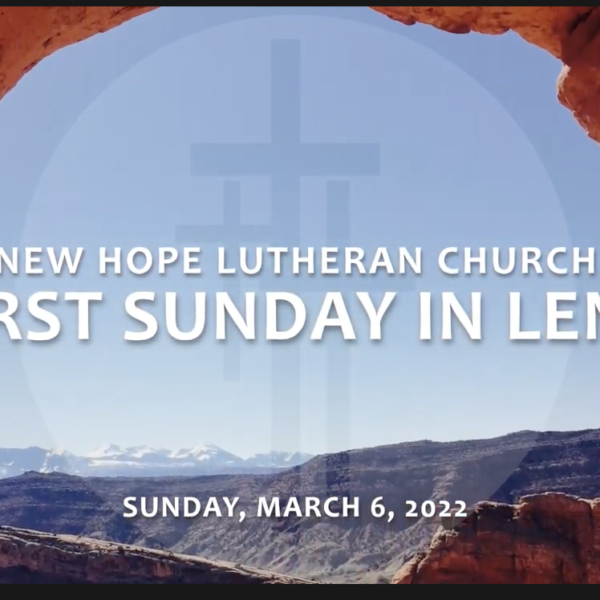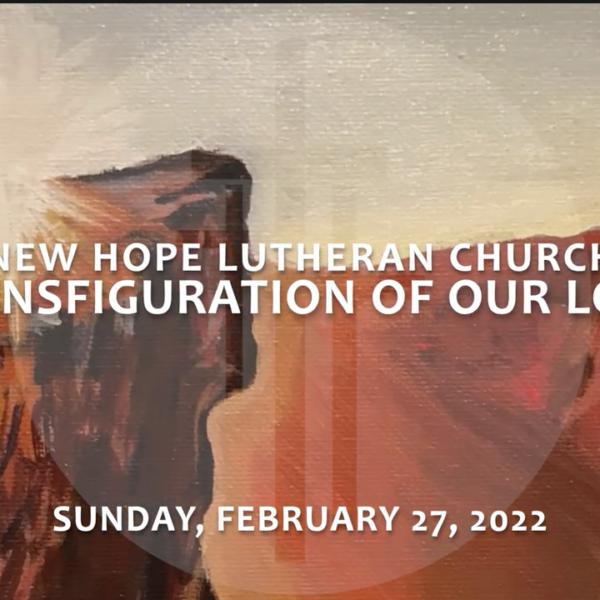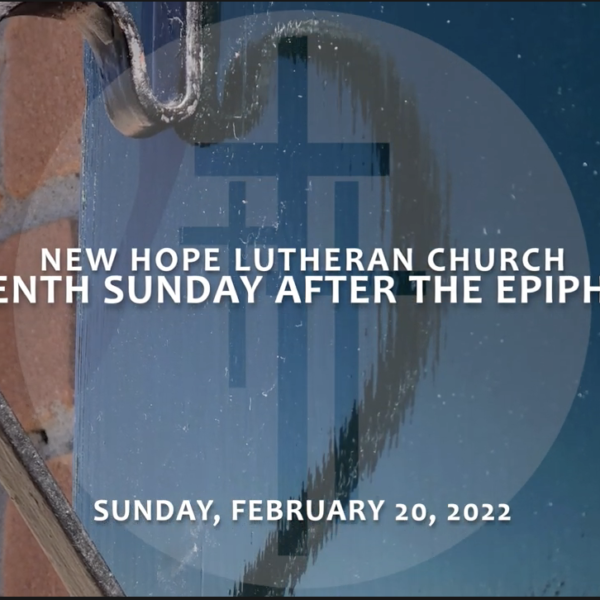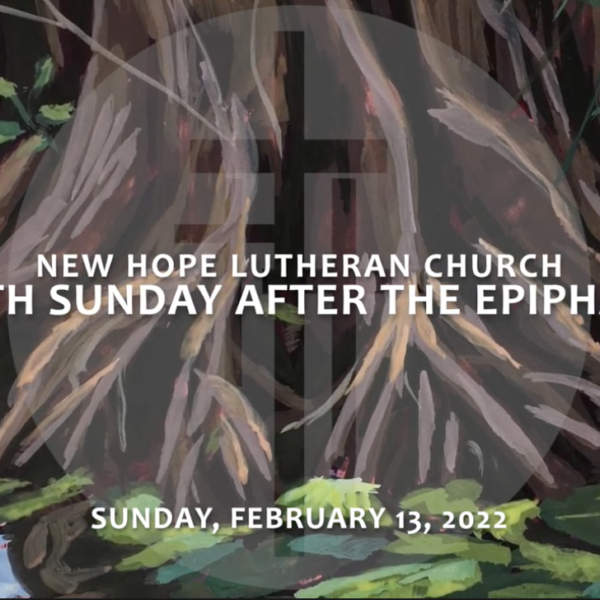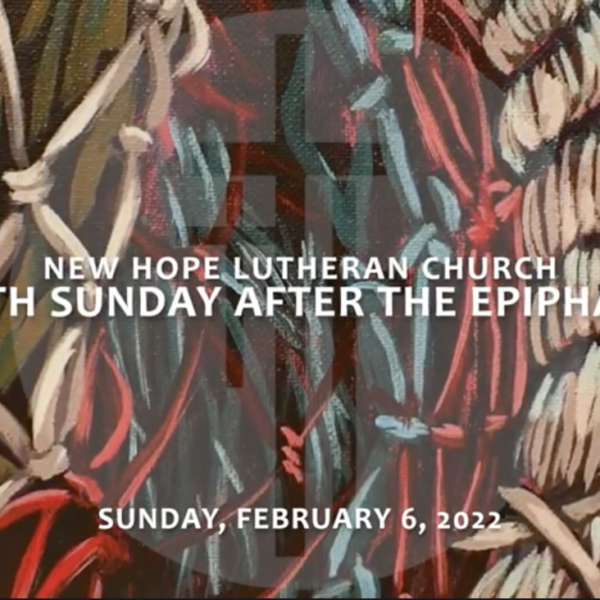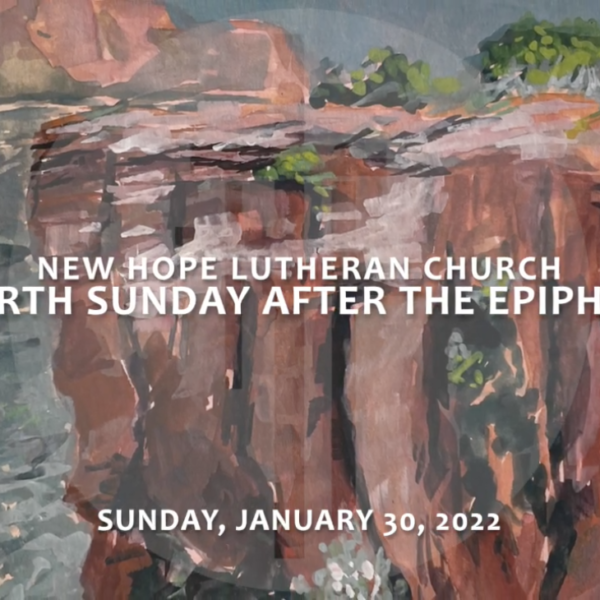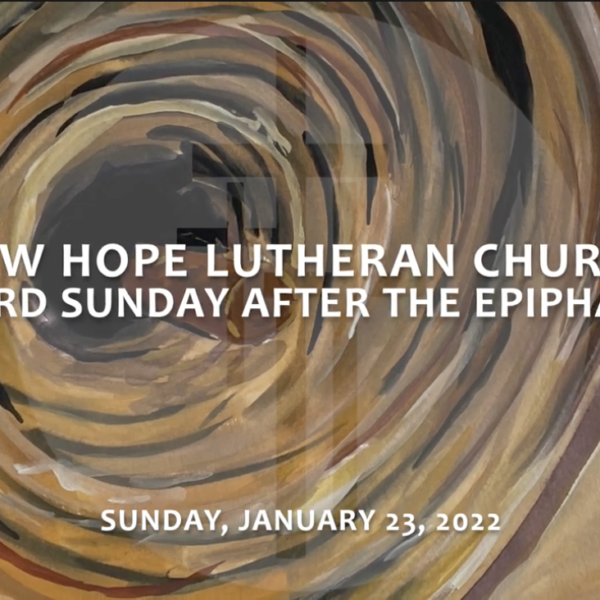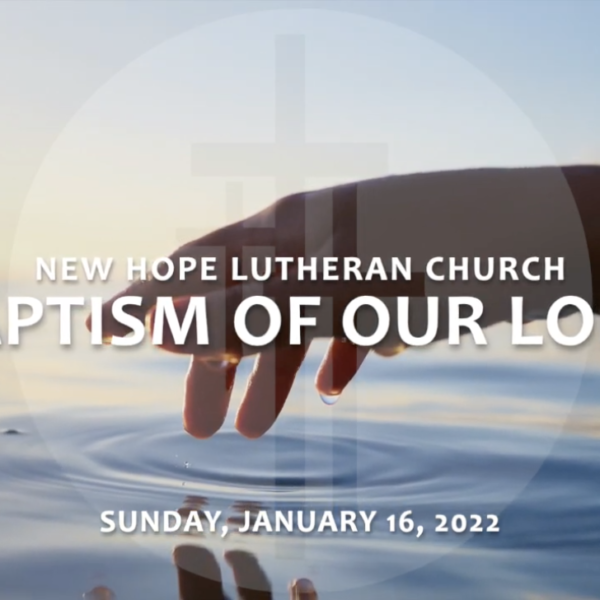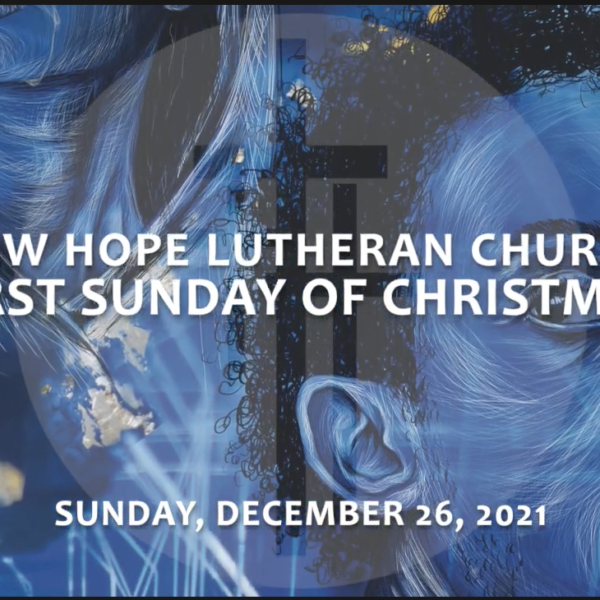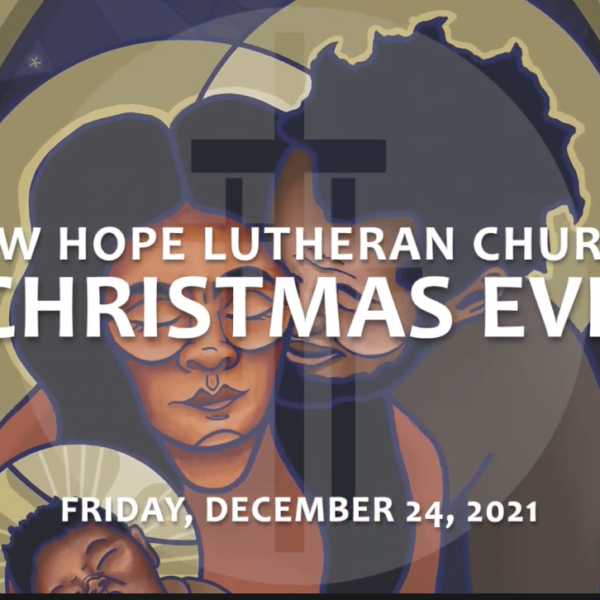First Sunday in Lent 2022
Luke 4:1-13
1 Jesus, full of the Holy Spirit, returned from the Jordan and was led by the Spirit into the wilderness, 2 where for forty days he was tempted by the Accuser. Jesus ate nothing at all during those days, and when they were over, he was famished. 3 The Accuser said to Jesus, “Since you’re the Son of God, command this stone to become a loaf of bread.” 4 Jesus answered the Accuser, “It is written, ‘One does not live by bread alone.’”
5 Then the Accuser led Jesus up and showed him in an instant all the kingdoms of the world.
6 And the Accuser said to Jesus, “To you I will give their glory and all this authority; for it has been given over to me, and I give it to anyone I please. 7 If you, then, will worship me, it will all be yours.” 8 Jesus answered the Accuser, “It is written,
‘Worship the Lord your God,
and serve only the Lord.’”
9 Then the Accuser took Jesus to Jerusalem, and placed him on the pinnacle of the temple, saying to him, “Since you’re the Son of God, throw yourself down from here, 10 for it is written,
‘God will command the angels concerning you,
to protect you,’
11 and
‘On their hands they will bear you up,
so that you will not dash your foot against a stone.’”
12 Jesus answered the Accuser, “It is said, ‘Do not put the Lord your God to the test.’” 13 Having finished every test, the Accuser departed from Jesus until an opportune time.
————————
Please pray with me this morning, church:
Holy God,
So much weighs on us these days.
We carry around so much with us and it is heavy.
We come to you, seeking relief this morning.
Help us to unburden.
Lighten our loads so we can help others with theirs.
Amen.
————————
When I was in high school, about 16 or 17, I had the opportunity to spend 2 weeks out of my summer backpacking in the foothills of the Rockies in New Mexico, at Philmont Scout Ranch. It’s a pilgrimage, of sorts, for most Boy Scouts, at least it was then, so I was very grateful to get to go. You spend almost the full 2 weeks out on the trail, averaging 5-6 miles a day…certainly not for the faint of heart, and I’m not exactly sure these knees could handle it anymore…sleeping in tents, under the stars, showers few and far between, meals cooked on fires or camp stoves, mostly canned meats and MREs (meals ready to eat)…
I told you, not for the faint of heart.
You get your first stomach grumble about day 2.5 or 3. I’m not sure I’ve ever had such an overwhelming urge for a Snickers as I did on that trail.
I didn’t exactly know what I was hungry for, I just knew that I was hungry.
While you’re on the trail, there’s also this kind of overwhelming sense of just wanting relief. All of you are hiking around with 40lbs. or so on your back, and after a certain amount of time, you just want to set it down. Take a break. Get a little bit of relief.
You figure out pretty quickly that the easiest way to get relief is actually not to take your backpack all the way off. See, then you have unstrap it, take it off, set it down…but then when you get ready to go again, you have to sling it back up on your back, hoist it up on your shoulders, strap it down, and cinch it up again. No, the quickest and easiest way to get relief is to find a tall rock and rest your backpack on it and let your butt hang down. Then you don’t have to readjust any of your straps, but your shoulders and back get instant and substantial relief. #ProTip
After his baptism, Jesus is led into the wilderness by the Spirit and is tempted for 40 days while he fasts. 40 days is a long time to do anything, certainly to go without food, so you can imagine, at this point, that Jesus just wants some relief, just a bit of easing of the harshness. Jesus is ripe for temptation after these 40 days.
Do you ever notice that? Do you ever notice within yourself how it’s when things seem to be going their worst for you that it feels like the obstacles and the stumbling blocks and the temptations crop up the most? It’s the most inopportune time… It’s like when things are already going poorly and you’re at the end of your rope, that it feels like someone is pulling that rope the most forcefully, trying to yank it out of your hand…like you’ve already got such a large pile of stuff and it’s just then that the universe seems to be conspiring against you to add more and more stuff to that pile.
When you’re already feeling heavy, it feels like the addition of just. one. more. thing. is going to break you. You just want some relief.
The temptation is to give into that struggle. To throw up your hands and stop trying so damn hard to fight because it doesn’t seem like it’s making that big of a difference anyway.
It’s when we feel like we’re at our weakest that the temptation seems strongest to give in to easy ways out, to lean into hoisting blame onto others, or to fall back onto our basest fears and judgments.
Whatever language you want to use…devil, tempter…I think this is what the Accuser was after with Jesus in the wilderness. Offering Jesus an easy way out…seeding doubt and feeding on and preying on that doubt that maybe Jesus isn’t who people say he is. “Maybe you’re not God’s beloved, Jesus… Where is your God to help you?”
Certainly Jesus is wanting just a little bit of relief.
Those are the doubts and the fears that prey on us, too. “Maybe you’re not who you say you are. Maybe you’re not all the good things others say about you. Maybe you’re not all that exceptional.” Or even more insidious, “Maybe you’re not who God says you are…”
These are the fears and temptations we wrestle with as a congregation, as well, make no mistake. You look around and you see fewer people than you remember, and those fears and doubt start to creep in, and the temptation is to give into those fears and doubts. “Are they ever coming back? Where is everyone? What are we doing launching a Capital Campaign at a time like this?”
And the thing is, church, it’s precisely for a time like this that the church exists. It’s precisely when things are most dismal, precisely when hope seems lost, precisely when doubts and fears arise, that the church is at it’s best. Because it is our call to shoulder those burdens for one another. Not to gloss things over and bury our head in the sand and pretend as if all these realities aren’t present…but to to be reminded and to remind one another that the whole reason we’re here is because of the promise of the resurrection—God brings life from things that die. God’s desire, dear people, is life and life abundant. And as long as we’re leaning into the call that God has placed on this congregation, as long as we’re aligning our mission and ministry with the work God has called us to…I trust that we’ll be ok, I have faith that God keeps God’s promises.
This is precisely what Building on Hope is reminding us. I can’t wait to share with you all the incredible work that you’re making possible and all the incredible ministry that will happen because of your faithfulness. Please make plans to be here on our Commitment Sunday, March 20, when we’ll also celebrate the Grand Re-Opening of our Community Center…I promise you, you’re not going to want to miss it.
This season of Lent we’re exploring the theme Unburden. We’re reflecting on the heaviness of our world and the weightiness of all the extra things that we carry around with us. We’re exploring how it feels like in recent years we’ve grown further and further apart from one another—ideologically, socially, spiritually—and we’re inviting you to live into an expansive idea of Lent this year. One that invites you to set down some of the heavy things you’re carrying around. An expansive Lent that creates more space, fills you up, draws you closer to God and closer to your neighbor. And expansive Lent that reminds this congregation that God is a God of life and God keeps God’s promises. An expansive idea Lent that reminds that you are exactly who God says that you are…dear beloved child.
We’ll talk about unburdening ourselves from unrealistic expectations, from our propensity to shovel blame onto others, and from our fears that wrap us up and consume us.
My prayer is that rather than a trudge that seems to get heavier with each step, that you would find yourself lighter as you journey through Lent this year. We’ve got a lot, friends, that we’ve built up over the past couple of years. This Lenten season, you’ll be invited to set it down. Here. At the foot of the cross. Where mercy and compassion flow forth. Where grace is poured out. Where love doesn’t give death the last word, but instead cultivates and nurtures life. Life and love that is birthed out of a wounded side.
Throughout his tempting ordeal, Jesus’ response to these offers from the Accuser was to return to that which formed him—his Bible. Instead of shouting down the devil or trying to out-argue the tempter with eloquent well-outlined rhetorical arguments, Jesus quotes scripture.
Seeking relief, Jesus returned to that which formed him.
Just a couple of days ago, on Ash Wednesday, you heard that you are dust, o mortal one. Beautiful, gleaming, magnificent stardust. And to dust you will return.
You were formed from dust.
God breathed life into your dusty self.
Unburden yourself this Lent, dear church.
Return to that which formed you.
Return to God.

